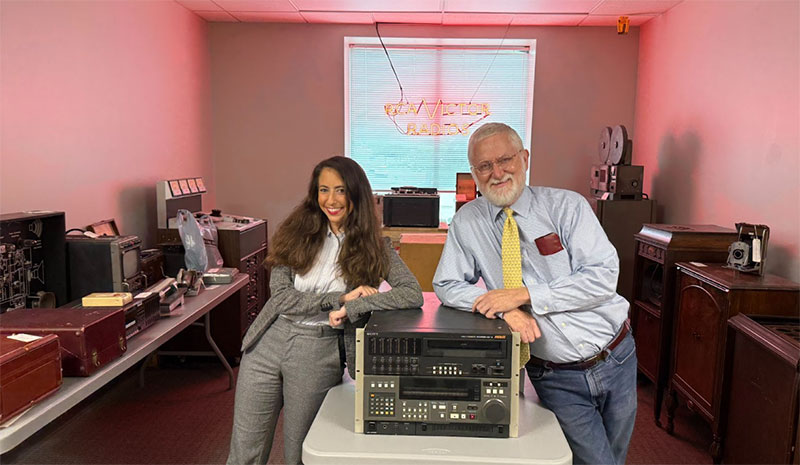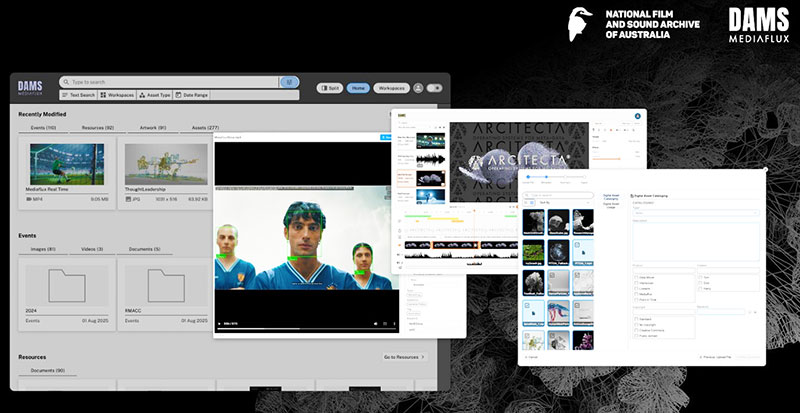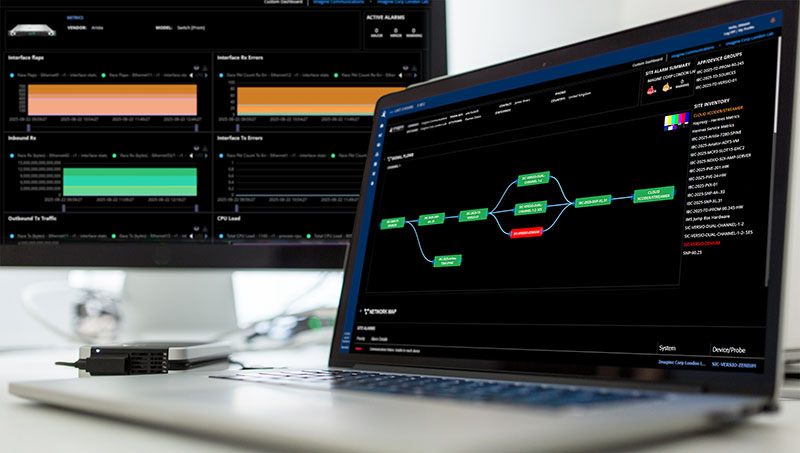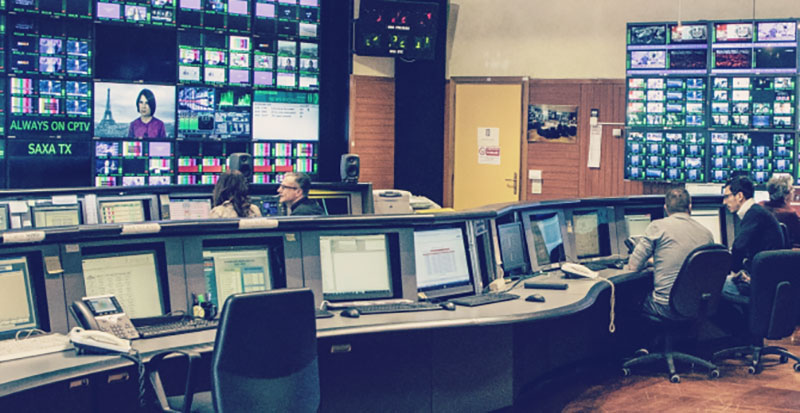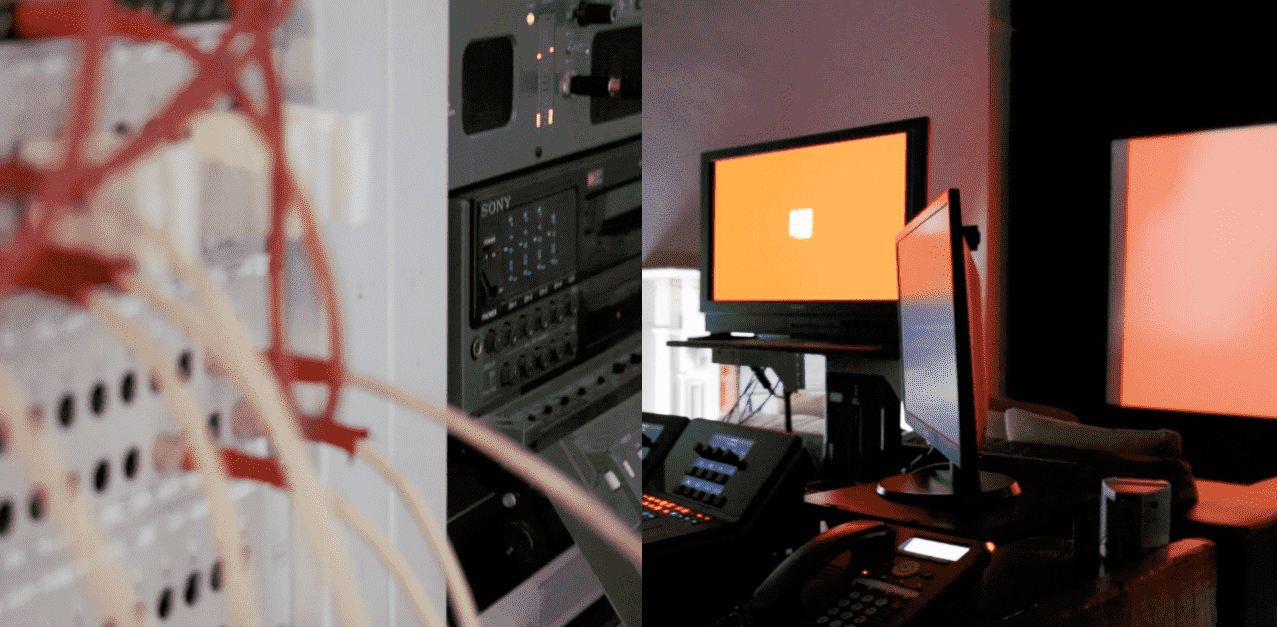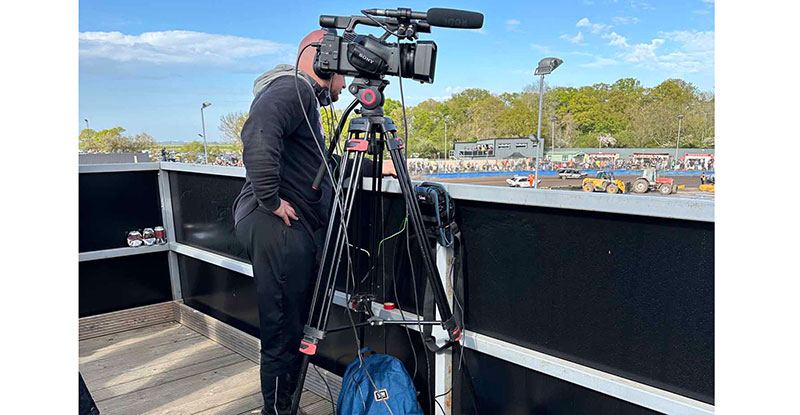Quantum’s new all-flash series of backup appliances helps organisations using data-intensive processes to prepare, protect and rapidly recover from cyberattacks and other data risks.

Quantum DXi T-Series all-flash backup appliances are now available to speed up various data protection processes that help prepare, protect and recover critical IT operations from ransomware and other data risks. Data-intensive initiatives such as AI are gaining importance within many media organisations and have led to growing data sets, longer retention and more frequent data access. In the meantime, the on-going threat of ransomware has made data protection more critical.
The DXi T-Series expands Quantum’s DXi backup data management platform with compact, all-QLC flash appliances that are easy to deploy for use across edge, core and cloud resources for efficient protection and recovery.
“As density, cost, performance and energy efficiency improve, QLC flash is an effective approach to data protection, especially for relational and NoSQL databases, file systems and object stores used in data-intensive workflows, data lakes and AI pipelines,” said Sanam Mittal, vice president, DXi engineering for Quantum. “With all-flash DXi T-Series backup appliances, users can more efficiently protect their data and quickly recover operations in the face of a widespread ransomware attack. The new series expands Quantum’s all-flash portfolio beyond Quantum Myriad, StorNext and ActiveScale file and object storage.”
Proactive Business Continuity
The DXi series of appliances are built for scalable backup, data protection and disaster recovery across sites to support business continuity. The purpose of the DXi T-Series is to serve as an all-flash target backup appliance for edge deployments, small and medium-sized businesses and an organisation’s most critical data storage infrastructure. It is useful for proactively preparing and protecting against cyberattacks and, if attacked, rapid recovery.

QLC (Quad-Level Cell) NAND flash storage uses four-bit layers per cell for 16 possible binary values – twice as many as the earlier TLC (Triple-Level Cell) type of flash. This newer design lowers the total cost of ownership for read-centric workloads, and also reduces the datacentre footprint. Although its ability to withstand heavy read/write cycles is considerably less, in this context, gaining a marked increase in capacity with the speed of all-flash may compensate for that fact.
The DXi T-Series all-flash platform achieves ingest rates up to 113 terabytes per hour, resulting in backup rates and restore times that are many times faster compared to appliances based on hard disk drives. Its performance means users can perform more aggressive backup schedules for better recovery point objectives (that is, the time elapsed since the most recent backup), and more regularly validate backup data sets and test recovery procedures. The organisation can analyse backups for malware using proactive, real-time virus scanning, and achieve faster recovery time objectives (acceptable time for restoring a network and regaining access to data after disruption) in case of attack.
The DXi T-Series also accelerates the re-constituting of data to speed up other key workflows, including test and development for analytics and application development, e-discovery (identifying, collecting and producing electronically stored information) and compliance, and long-term archiving.
Scaling from 15 to 120 usable terabytes in a 1U form factor, DXi T-Series appliances also use Quantum's data reduction system that makes extremely efficient use of flash resources. Bundled with the appliances are replication, cloud tiering and immutability features plus software including Veeam, Veritas and Commvault, DXi T-Series appliances cooperate directly with users’ existing DXi resources deployed across the edge, the core and the cloud to help co-ordinate data protection procedures. www.quantum.com




